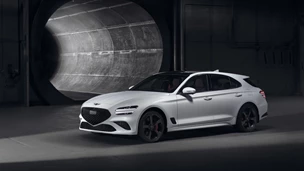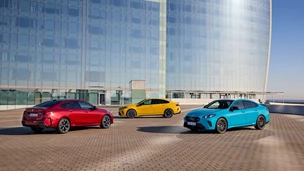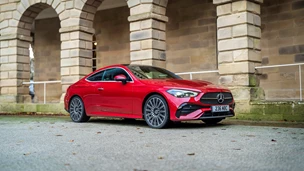At the start of this year I spent part of a day driving a Land Rover Discovery both on smooth tarmac and in mud so deep and squishy that, had I been unwise enough to step into it, I should undoubtedly still be there. I'm sure you won't be surprised to learn that the car dealt with it very easily.Land Rover has now supplied an identical Discovery for a week's test, and I hope you won't be disappointed to learn that I stuck to hard surfaces throughout. No sense in tempting fate, and in any case I think I've paid my off-roading dues.It's reasonable enough to consider the Discovery as a car that will almost entirely be driven on tarmac, not least because that applies to very nearly every car ever built. I'm not aware of any specific research into this, but it's surely the case that a significant number of buyers never go off-road at all, and those who do probably come nowhere close to reaching the limits of what the Discovery's ability.Well, why should they? If your car is more capable than you need it to be, you're operating with a safety margin, and that's never a bad thing. If I needed to go off-roading I'd want to be confident that my vehicle could easily cope with the conditions. Complaining about this is the equivalent of chastising the owner of a supercar or even hot hatch because they never drive it at the absolute limit - which, unless they're doing it on a race circuit, I would hope they don't.All that being the case, and since the Discovery is jolly expensive (over £52,000 in top-of-the-range HSE form), it's more important to consider how it shapes up as a luxurious SUV. "Really rather well," is the answer to that one. The gutsy 252bhp three-litre turbo diesel engine provides impressive straightline performance - a sub-10 second 0-62mph time feels quite urgent in something as large and boxy as this - the eight-speed automatic transmission introduced for this model year changes from one gear to another very smoothly, and the lack of wind noise is just amazing considering how air takes an arrow to the knee every time a Discovery clatters into it.Land Rover hasn't changed the Discovery's suspension since 2010, and it hasn't needed to. The car's great weight, and the height of its centre of gravity, can not be fully disguised, but there are several smaller and apparently nimbler SUVs which neither ride nor handle as comfortably or securely as this one.The interior is more lounge-like, less workhorsey than before. I liked the reversing camera, whose display on the dashboard is as good as anyone else's, but I was strangely irritated that you have to hold the start button for what seems to be an enormous amount of time (though it's probably not much more than a second) before the engines switches itself on or, as the case may be, off.There's plenty of room in the first two rows of seats, and more than might be expected in the third. Erecting those back seats is a slightly awkward process (as far as I'm concerned anyway - robust, no-nonsense Discovery owners will probably scoff at the suggestion) and, as is often the way with vehicles capable of transporting seven people, the heads of those who sit in them seem uncomfortably close to the rear window.With all but the front two seats folded out of the way, the Discovery's luggage capacity is a monstrous 2558 litres. There's a lot of very nice carpeting in there, though, so if you do encounter any mud, try to keep it on the outside, won't you? Engine 2993cc, 6 cylinders Power 252bhp Transmission 8-speed automatic Fuel/CO2 32.11mpg / 230g/km Acceleration 0-62mph: 9.6 seconds Top speed 112mph Price £52,450 Details correct at publication date

Our Rating



